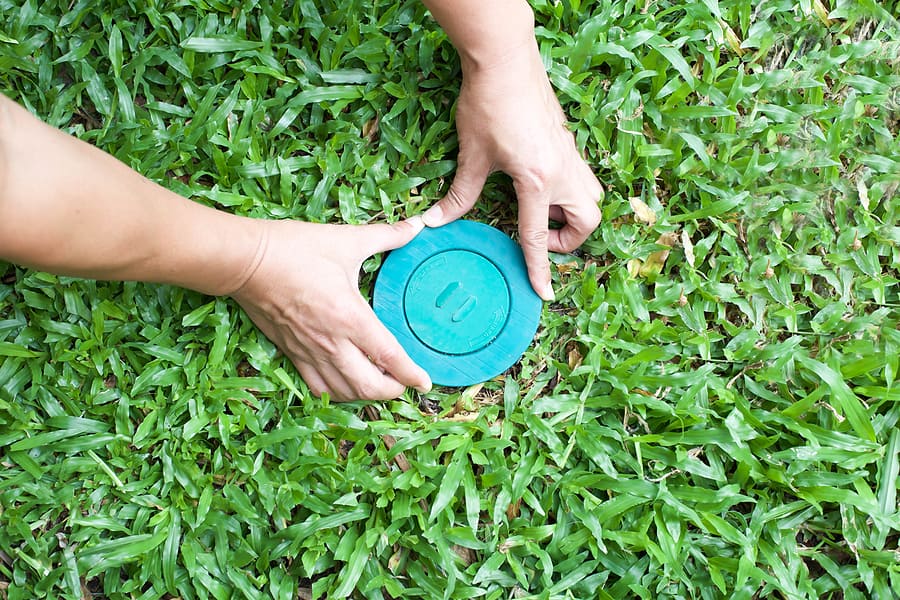READY TO GET STARTED?
REQUEST A FREE ESTIMATE
Fill out the form below or call (888) 466-7849 for a free, no-obligation estimate.

Termites are household pests that can cause significant damage in a short amount of time, leaving homeowners with costly repairs. In fact, most homeowner’s policies do not cover termite damage. There are two major types of termites that cause damage to homes: subterranean termites and drywood termites. The type of termite you are dealing with, along with the size of the colony and extent of the damage all determine what type of termite treatment will be most effective. Preparation of your home will depend on which treatment will be performed.
For liquid-soil treatment, a trench is dug around the perimeter of your home where termiticide is applied and then filled back in. For this type of treatment, no preparation is required.
Bait stations are strategically placed in the ground around your home. These treatments also do not require any preparation.
Fumigant treatments are the most extensive and also require you to prepare your home prior to treatment. During fumigation, a tent will be placed over your home and gas will be released, killing any termites that are present, even those in hard to reach areas. You can get your home ready for fumigation by:
Termites can be difficult to get rid of once an infestation has established. Contact your local pest control company for a termite inspection and appropriate treatment options.
Rodents to Lookout for this Winter
Are Spiders More Common In Winter?
When Does Swarming Season Begin?
Categories